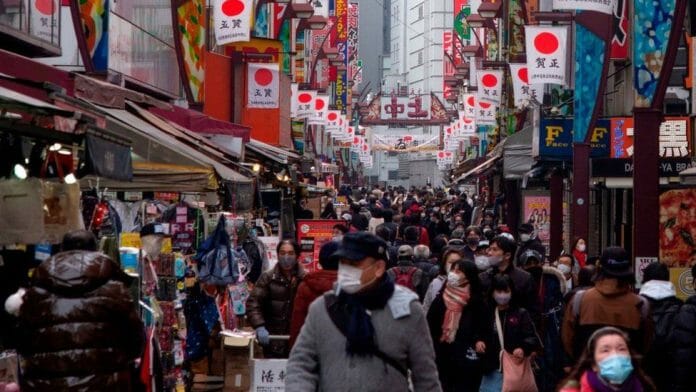Japanese consumer inflation rose more than expected in May and remained above the Bank of Japan’s annual target, with an index tracking inflation outside of food and fuel prices hitting a 42-year high.
The national core consumer consumer price index (CPI), which excludes volatile fresh food prices, grew 3.2% in May, slightly more than expectations of 3.1%, but below the prior month’s reading of 3.4%.
Including fresh food, CPI inflation grew 3.2%, below expectations of 4.1% and the prior month’s print of 3.5%, and rose 0.1% from the prior month.
The reading was pushed up largely by a consistent month-on-month increase in food costs, which, coupled with fuel imports, have been a main driver of inflation over the past year.
But underlying inflation remained particularly high in Japan, with an index stripping away food and fuel costs surging 4.3% in May- its highest reading since 1981. Increased service costs and housing prices contributed to the high reading.
While global energy markets have somewhat stabilized from disruptions caused by the Russia-Ukraine conflict, food supply chains have remained strained, weighing on countries with high import requirements. Japan imports roughly 60% of its total food consumption.
Friday’s overall CPI reading remained well above the Bank of Japan’s 2% target range. But the central bank has repeatedly signaled that it will not tighten policy in the near-term, and that inflation is likely to retreat further in the coming months.
While overall CPI did beat expectations, it was still lower than the prior month, and also well below the 40-year peak of 4.1% seen earlier this year, according to Investing.
Government subsidies on electricity prices were a major downward force on inflation, as were some signs of stability in global commodity markets.
But recent weakness in the yen, which was trading at over six-month lows on Friday, may contribute to higher inflation in the coming months, given Japan’s high dependence on imports.









